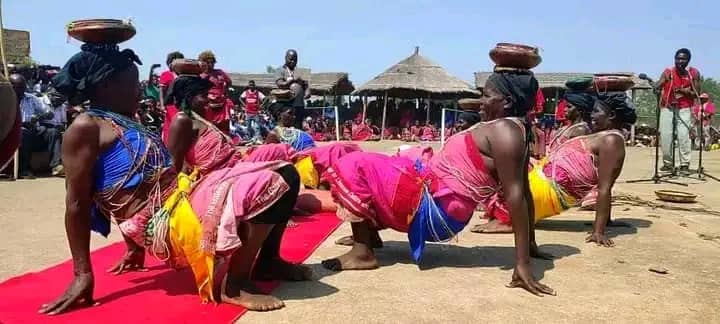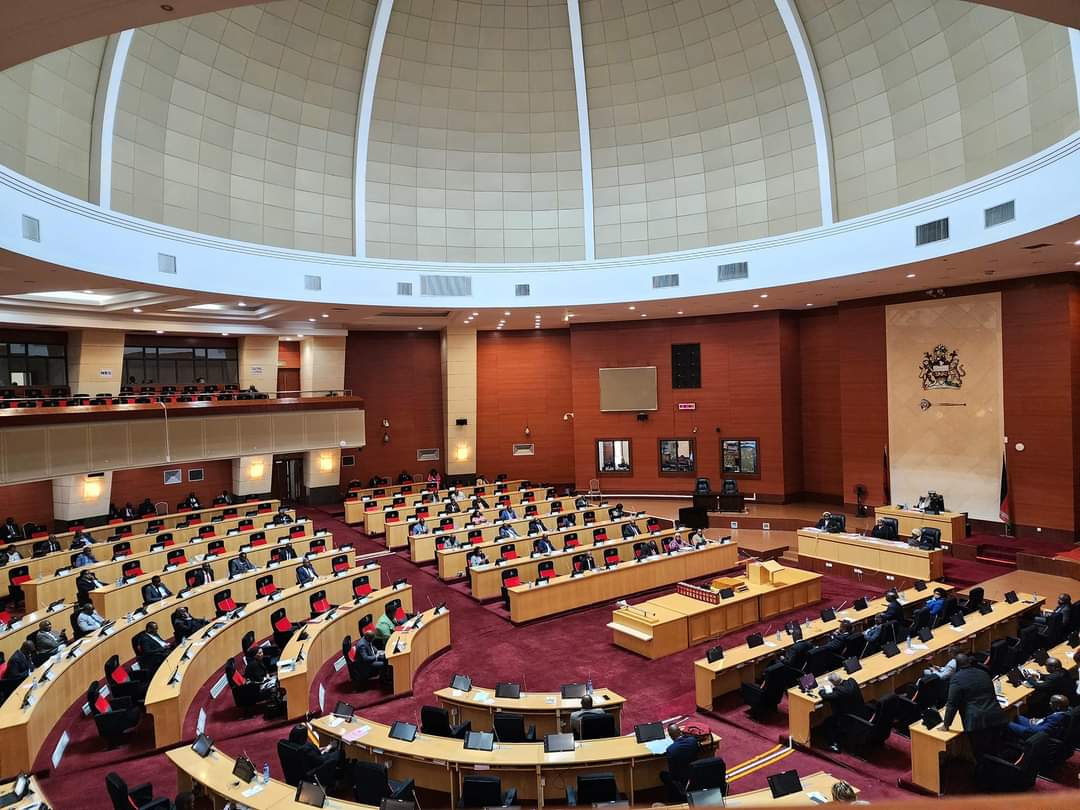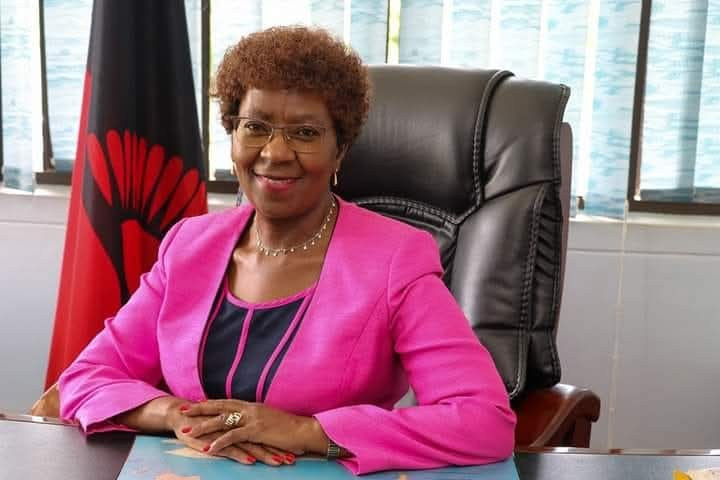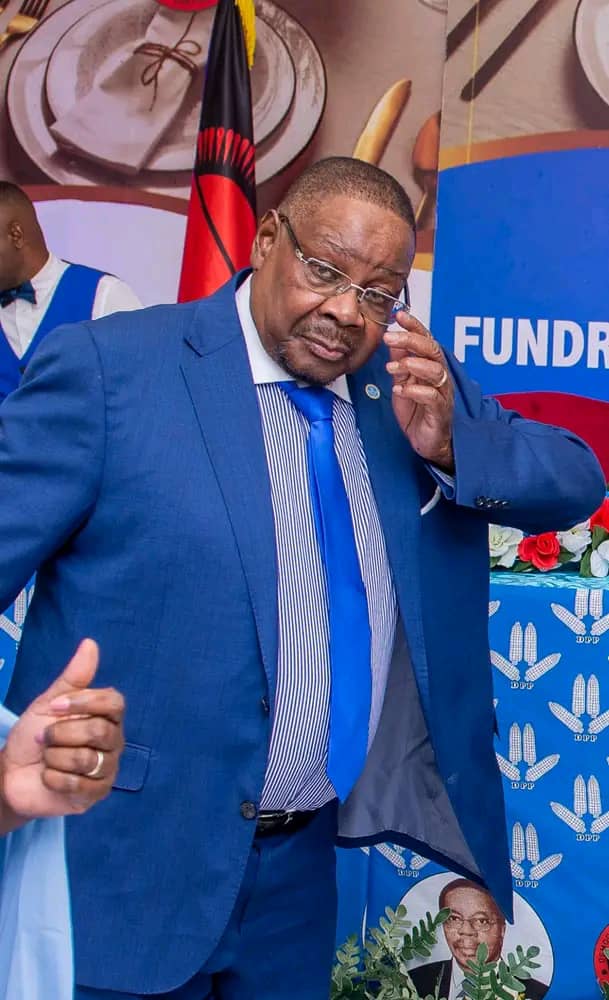By Burnett Munthali
Counsel Bob Chimkango recently sparked a significant conversation on his Facebook page when he commented on the political exclusion of the Malawi Congress Party (MCP) from various key national events and conventions. In his post, Chimkango highlighted the growing trend of the MCP being left out of major political forums since the death of Vice President Saulos Chilima. His post reads:
“Ever since VP Saulos Chilima died, MCP has not been invited to the AFORD convention, has not been invited to the DPP convention, was invited but later rejected at the UDF convention, and has been barred from Mulhako wa Alhomwe. Likely, MCP is not wanted at the UTM convention.”
This observation raises critical questions about the state of politics in Malawi today. Why is the MCP, the party of President Lazarus Chakwera, being sidelined? What does this exclusion mean for the party, its supporters, and Malawi’s political landscape?
Let’s consider the various exclusions Chimkango highlights:
Firstly, The Alliance for Democracy (AFORD), once a crucial player in Malawi’s multi-party democracy movement, has opted not to invite MCP to its gatherings. This exclusion points to a shift in political alliances and a desire to distance AFORD from the ruling party.
Secondly, The Democratic Progressive Party (DPP), the MCP’s primary opposition, also chose not to extend an invitation. Historically, the DPP and MCP have had a contentious relationship, and this exclusion could signify a deepening political rift as the 2025 elections approach.
Read also The Genuine Office of His Highness Sheikh Ahmed Al Qassimi Rejects Fraudulent Contracts in Malawi
Thirdly, Even more surprising was the decision by the United Democratic Front (UDF). Initially, the MCP was invited to the UDF convention but was later rejected. This public about-face suggests tensions within the UDF about its relationship with the ruling party and perhaps a strategic decision to distance itself from MCP.
Fourthly being barred from the cultural gathering of Mulhako wa Alhomwe, which has strong ties to the DPP, is another blow to MCP. Although Mulhako wa Alhomwe is primarily a cultural event, its significance in national politics cannot be overlooked, as it often serves as a platform for DPP-aligned leaders to consolidate their support.
Fifthly, lastly, Chimkango speculates that MCP may not be welcome at the United Transformation Movement (UTM) convention, adding to the growing list of exclusions. The UTM, once an ally in the Tonse Alliance, seems to be drifting away from the ruling party as tensions grow within the alliance.
The Lessons from these exclusions
Firstly, these exclusions point to the fluidity of Malawi’s political alliances. The MCP’s diminishing presence in these conventions suggests a growing isolation. In the run-up to the 2025 elections, political parties appear to be recalibrating their strategies and alliances, potentially moving away from the Tonse Alliance that brought MCP into power in 2020.
Secondly, The Tonse Alliance, which once symbolized unity among opposition parties, is now visibly fractured. The absence of MCP at these conventions signals that other parties are distancing themselves from President Chakwera’s administration, perhaps in preparation for a post-Tonse political environment.
- Mystery motorcade: Alfred Gangata’s quiet drive-by at Masintha sparks speculation and respect
- Alfred Gangata’s Masintha rally draws high security presence and anticipation
- TNM Super League Heats Up as Title Race Intensifies
- Kamwendo Fails to Inspire Turnaround as Villa Fall to FOMO
- Chiputula Police Unit Reopens
Thirdly, the exclusions may also reveal deep-seated mistrust of the ruling party. For some parties, being associated with MCP could be seen as politically toxic, especially given the widespread economic challenges the country is facing. As public discontent grows, parties may feel that aligning with the ruling party could hurt their electoral prospects.
Fourthly, the barring of MCP from cultural platforms like Mulhako wa Alhomwe underscores the role of cultural events in shaping political discourse. In Malawi, where political identity is often intertwined with regional and cultural loyalties, exclusion from such events can have long-lasting effects on a party’s support base.
In conclusion, the sidelining of MCP from these major political events is more than just a matter of protocol—it reflects the evolving political dynamics in Malawi. As we head towards the 2025 elections, the MCP faces increasing isolation from other key players in the country’s political landscape.
Mary Chilima Calls for Special Commission of Inquiry into Chikangawa Plane Crash
For MCP, these exclusions should serve as a wake-up call. The party needs to reassess its alliances, reconnect with its base, and rebuild trust among its former allies. More importantly, it needs to reflect on why it is being excluded and what steps it can take to regain its place in Malawi’s political arena.
Counsel Bob Chimkango’s observations are a reminder that in politics, inclusion or exclusion can signal larger shifts in power. For MCP, this trend of marginalization should not be ignored.





